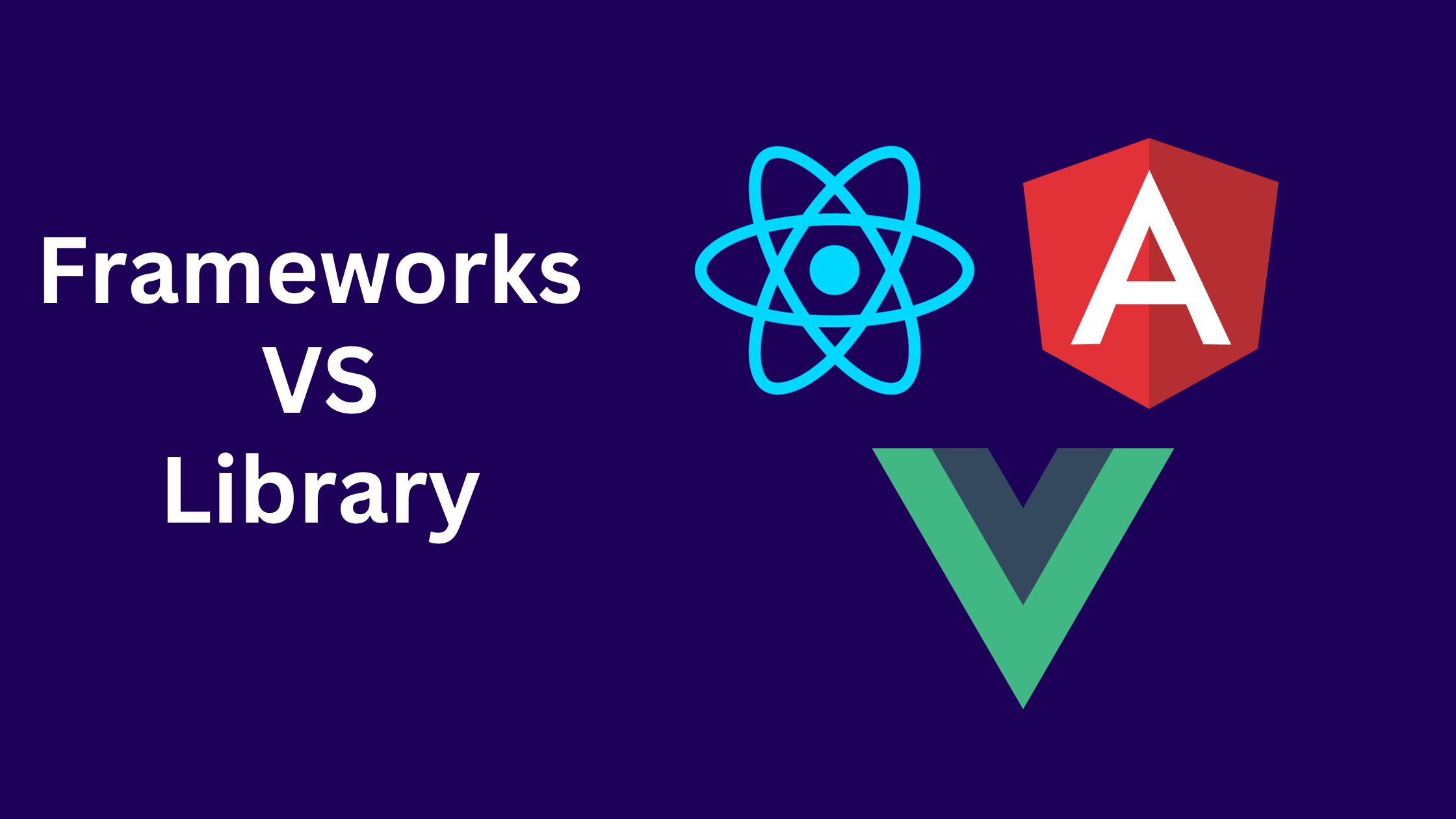Understanding the Difference: Framework vs Library
 Mahendra Dewangan
Mahendra Dewangan
What is the difference between a framework and a a library?
In the world of software development, the terms "framework" and "library" are often used interchangeably, but they serve distinct roles in the development process. Understanding the differences between them is crucial for any developer looking to make informed decisions about their projects. In this post, we'll explore what sets frameworks and libraries apart and when to use each.
Definitions
Framework
A framework is a pre-built structure that provides a foundation for building applications. It offers a set of rules, conventions, and tools to streamline the development process. In a framework, the developer fills in the specific details and functionalities required for their application.
Frameworks often dictate the architecture of an application, handling tasks such as handling HTTP requests, managing databases, and organizing code structure. Examples of popular frameworks include Django for web development in Python, and Angular for building dynamic web applications in JavaScript.
Library
A library, on the other hand, is a collection of pre-written code that developers can use to perform common tasks. Unlike a framework, a library does not enforce a specific structure or architecture on your application. Instead, it provides functions or modules that can be used as needed within your code.
Libraries are typically more focused on specific tasks, such as handling data manipulation, working with dates, or interfacing with external services. Examples of libraries include React for building user interfaces in JavaScript, and NumPy for numerical computations in Python.
Key Differences
Control Flow
One of the primary distinctions between a framework and a library is the flow of control. In a framework, the control flow is often inverted. The framework calls the developer's code, following a predefined structure. In contrast, with a library, the developer explicitly calls the library functions when needed, maintaining full control over the application's flow.
Architecture
Frameworks often impose a specific architecture or design pattern on the application, providing a ready-made structure. Libraries, on the other hand, are more modular and can be used piecemeal, allowing developers to pick and choose the functionalities they need.
Flexibility
Frameworks are more opinionated and provide a rigid structure, which can be beneficial for rapid development and maintaining a consistent codebase. Libraries, on the other hand, offer more flexibility, allowing developers to integrate them into existing projects without necessarily adhering to a specific structure.
When to Use Each
Frameworks
When Starting a New Project: Frameworks can be particularly useful when starting a project from scratch. They provide a well-defined structure and set of tools, which can significantly speed up the development process.
For Complex Applications: For large and complex applications, frameworks can provide a solid foundation and help in maintaining code quality and scalability.
Libraries
Existing Projects: When working on an existing project, using libraries allows you to add specific functionalities without having to overhaul the entire codebase.
Specific Functionalities: If you need to perform specific tasks, such as data manipulation, user interface components, or mathematical computations, using libraries can save a significant amount of time and effort.
In conclusion, frameworks and libraries serve different purposes in the development process. Choosing between them depends on the specific requirements and constraints of your project. Understanding their distinctions empowers developers to make informed decisions that lead to more efficient and effective development processes.
Subscribe to my newsletter
Read articles from Mahendra Dewangan directly inside your inbox. Subscribe to the newsletter, and don't miss out.
Written by

Mahendra Dewangan
Mahendra Dewangan
I love shipping web apps!